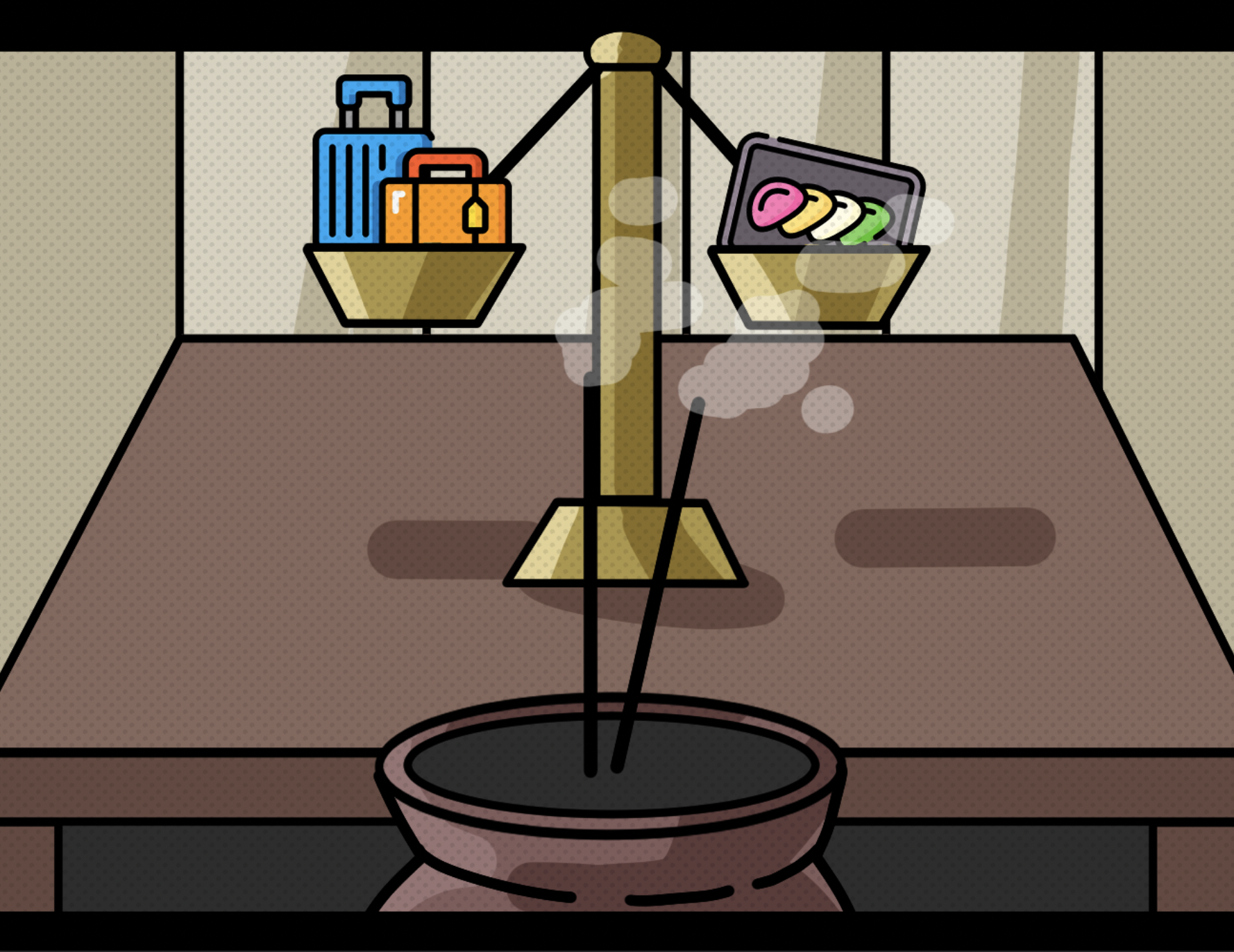
Many Koreans embrace Chuseok with open arms, but some question its relevance. Also known as Han-ga-wi (한가위), the national holiday celebrates a bountiful harvest. However, the jolly festivity frequently comes as a stressful burden for families.
From the start of the 4-day-long holiday, homecoming cars crowd the highways all throughout Korea. Stuck in jammed roads, travelers endure hours of fatigue. After the long travel, families finally gather, only to encounter a new source of stress. During the season, Korean households often hold Cha-rae (차례), a traditional Confucian ceremony to honor one’s ancestors. It requires meticulous preparations and burdensome labor.
For these reasons, Korea’s younger generations oppose Cha-rae. A survey from the Korean Statistical Information Service (KOSIS) revealed that 63.5% of Koreans in their twenties disagreed with traditional ceremonies. On the contrary, many elderly argue for the conservation of this practice.
Every year, heated debates around Chuseok customs break out among the Korean public. Older individuals argue that we should uphold the ceremony, while others view it as outdated. The same KOSIS survey demonstrated this social disparity – the support for traditional family assemblies varied widely from 21.4% to 75.5%.
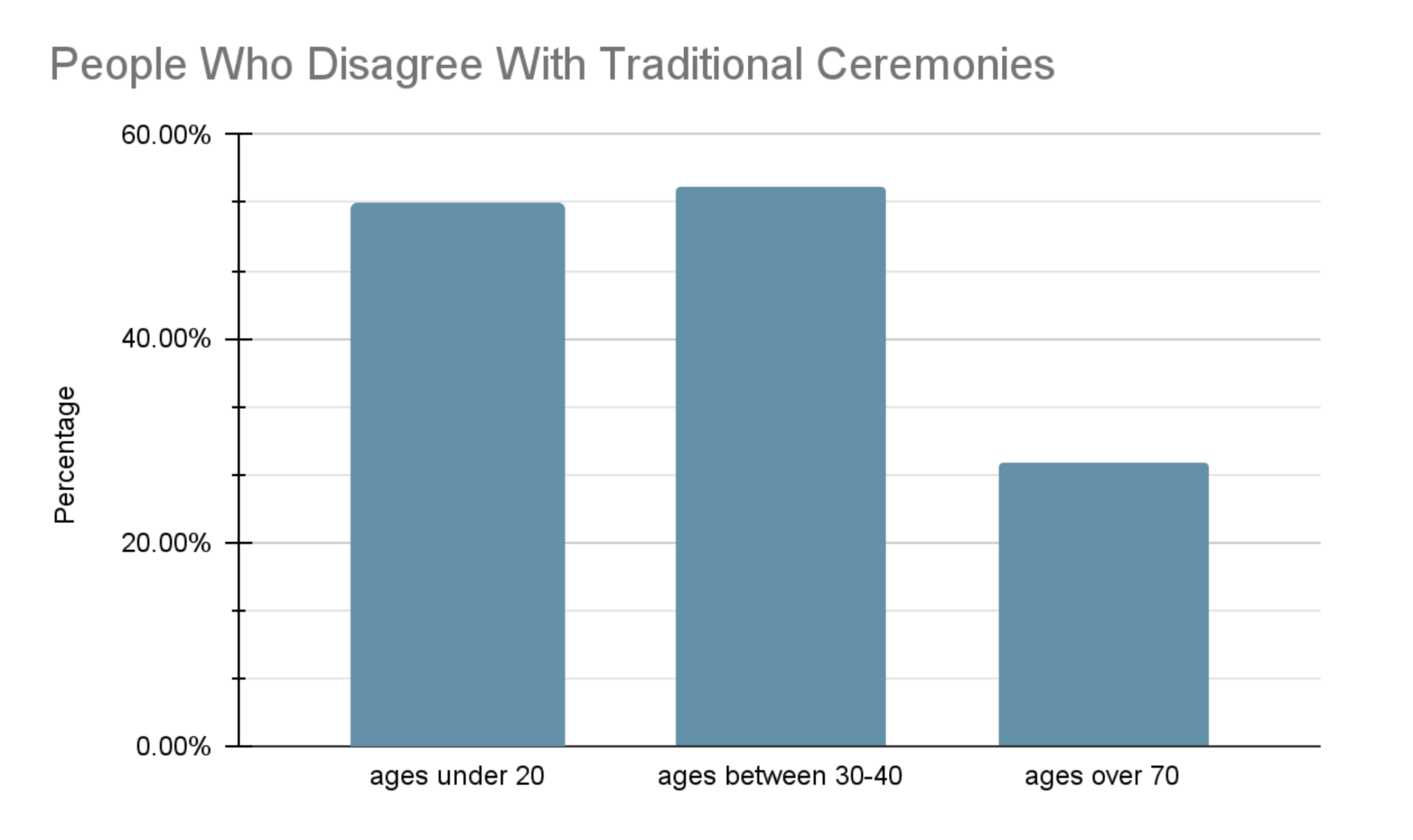
Such controversy originates from rapid developments within Korean society. Before urbanization in the 1960s, Chuseok meant little more than a local family celebration. However, mass-scale migration from rural towns to cities instigated a drastic change to this holiday. As families dispersed throughout the nation, the “little celebration” became one of the few moments where parents could reunite with their children.
For youths today, Chuseok merely indicates a day off work. A survey from the Ministry of Culture, Sports, and Tourism illustrates this trend: adolescents traveled twice as often than the elderly, since they simply wanted time to relax instead of preparing meals for Cha-rae. Due to these clashing views, emotional conflicts between senior citizens and the young seem inevitable.
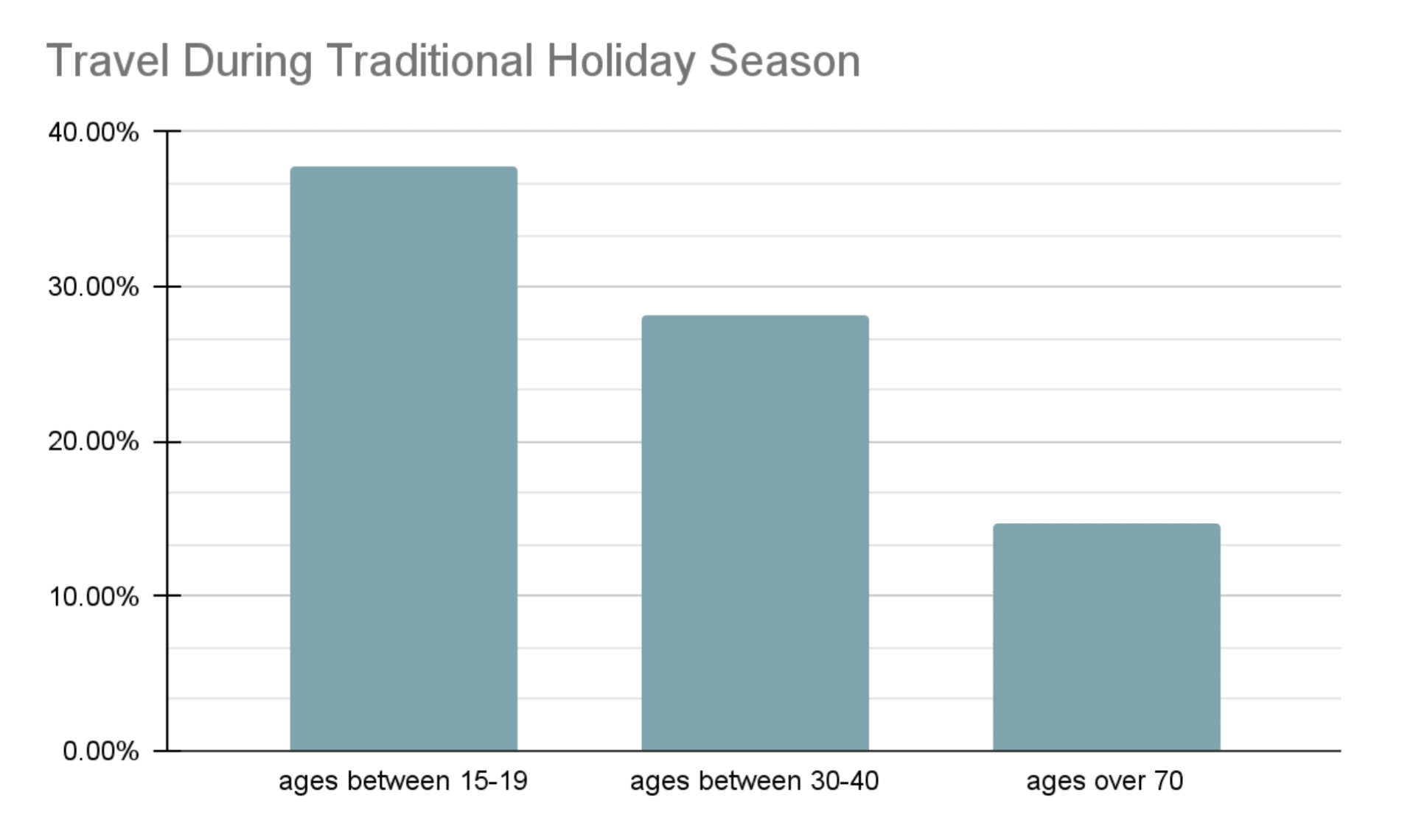
Outdated Confucian philosophy also plays a role in this conflict. Many customs, such as Cha-rae, still follow old-fashioned principles. For example, a report from the Ministry of Gender Equality and Family showed the prevalence of Confucian patriarchy in this celebration: 95% of respondents answered that only women cook.
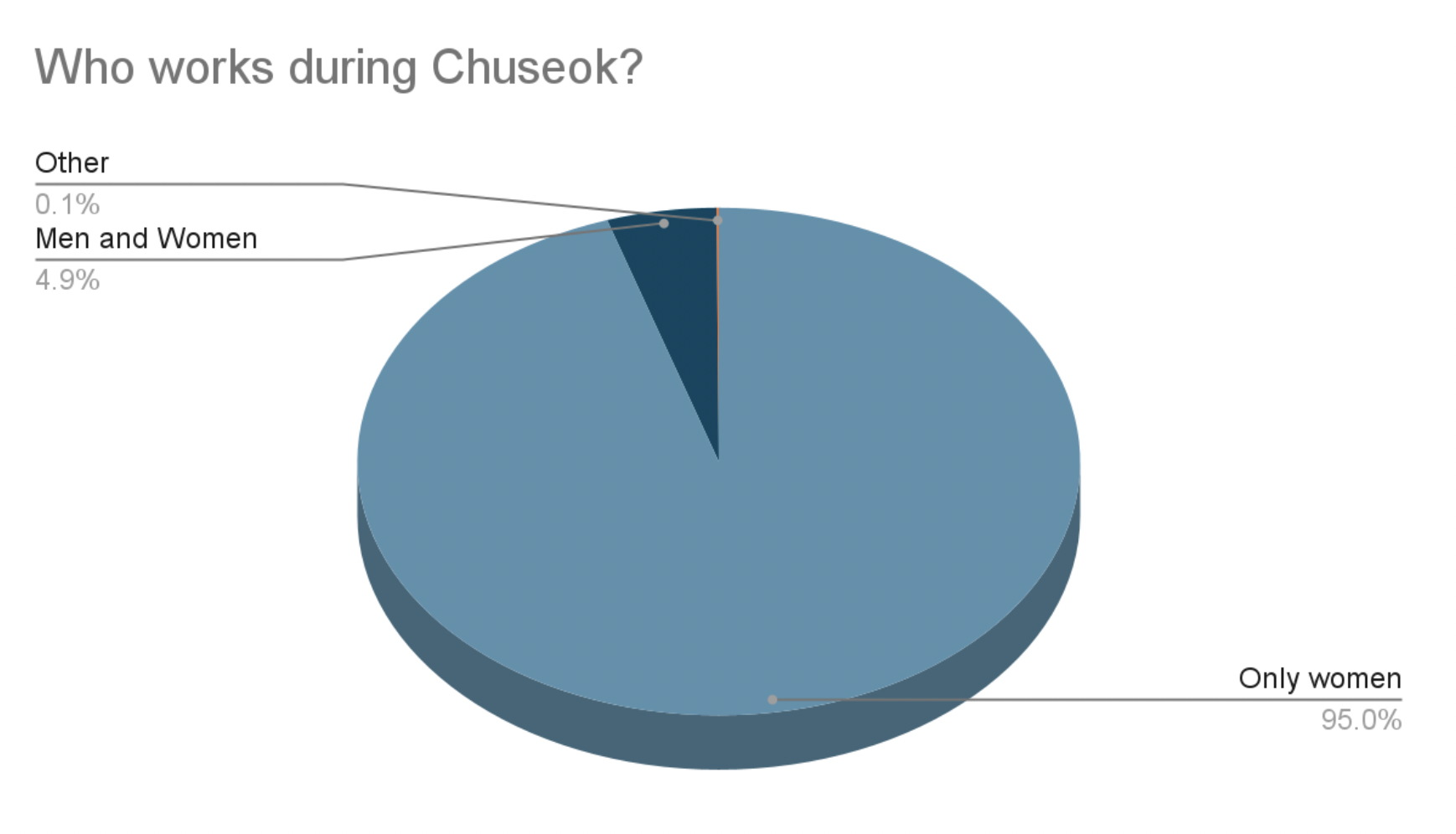
Due to such antiquated “rules”, disagreements and stress easily compile over Chuseok. Sometimes, it even breaks family relationships. A news article mentioned, “According to KOSTAT reports over the past five years…divorce rates increased by 11.5% around February and October.”
I believe that education and compromise provide a way out of this controversy. Rather than carelessly enforcing one’s beliefs onto others, generations must make efforts to reconcile their misunderstandings. Koreans should learn that strict adherence to formal customs does not indicate more respect for this holiday.
In earlier days, people showed gratitude toward family members during Chuseok for their hard work throughout the year. The message mattered the most, not ceremonies or rules. Sadly, now, it has deteriorated into a blend of outdated customs. Instead of blaming one another, we should return to the roots of the celebration and thank our families for another wonderful year.

































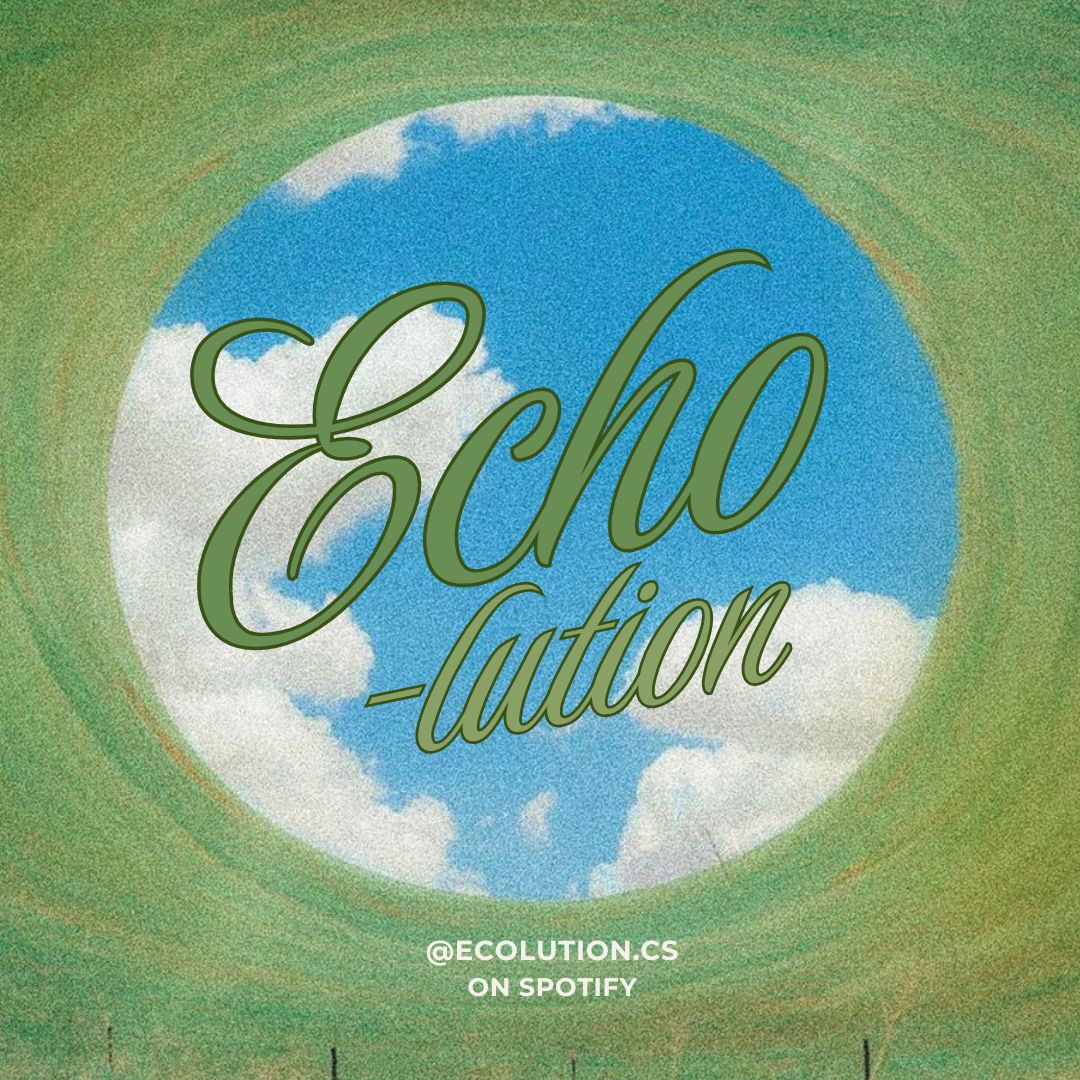
















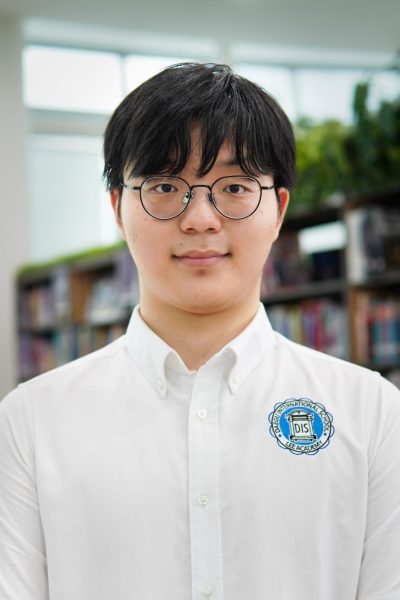
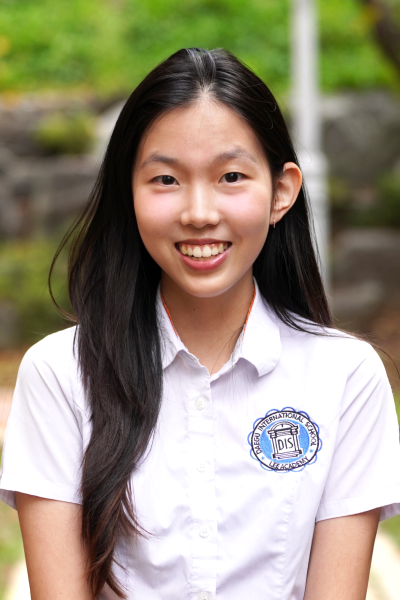
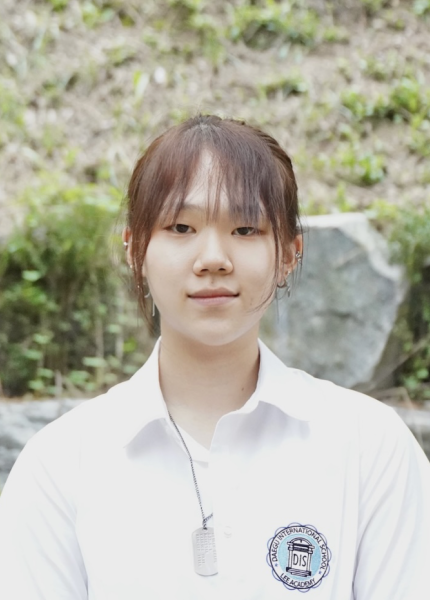
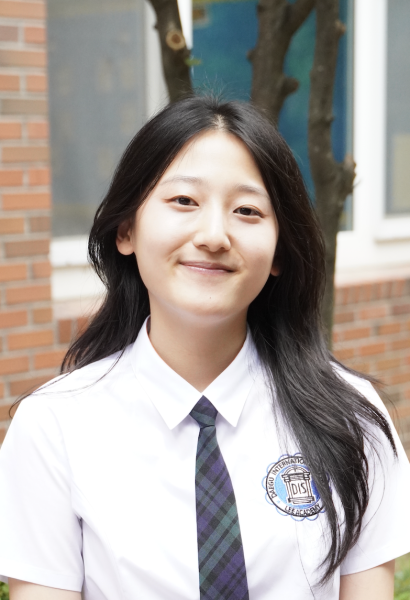
Andy • Oct 18, 2023 at 7:24 pm
This article is the best article I have ever seen. Keep up the work Jerome!!!
Jerome • Oct 17, 2023 at 10:09 pm
This article is so interesting! I hope to see more of these impressive articles.